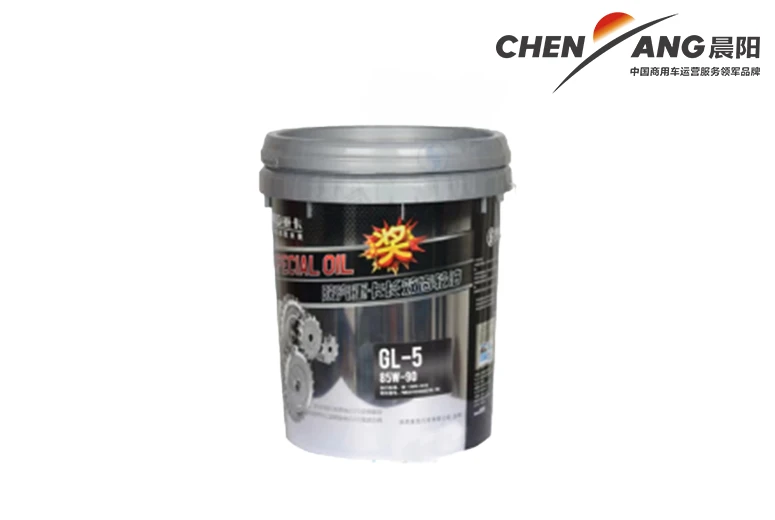tipper semi trailer
Understanding the Tipper Semi-Trailer A Comprehensive Overview
The semi-trailer is an indispensable component of the global logistics and transportation industry, and among the various types available, the tipper semi-trailer stands out due to its unique functionality. Designed to facilitate the effective transport of bulk materials, the tipper semi-trailer plays an essential role in construction, mining, and agricultural sectors, among others. This article will delve into the features, advantages, and considerations surrounding the use of tipper semi-trailers.
What is a Tipper Semi-Trailer?
A tipper semi-trailer, also known as a dump trailer, is a type of vehicle that is equipped with a hinged container, allowing it to be tilted for unloading. This specialized trailer is typically used for transporting loose materials such as gravel, sand, soil, and demolition waste. The mechanism used for tilting the trailer can vary, but it usually involves hydraulic systems that provide the necessary power to lift and tip the load effectively.
Key Features of Tipper Semi-Trailers
1. Hydraulic Lifting Mechanism At the heart of a tipper semi-trailer is its hydraulic system. This system powers the lifting and tilting of the trailer, enabling operators to unload materials quickly and efficiently at a designated site.
2. Robust Construction Tipper semi-trailers are built to withstand heavy loads and challenging conditions. They are often made from high-strength steel or aluminum, providing durability and resistance to wear and tear.
3. Variety of Sizes Tipper trailers come in various sizes to suit different load capacities and types of materials. Common configurations range from smaller models that can handle a few tons to larger trailers designed for heavy construction loads.
4. Versatility While commonly associated with construction and mining, tipper semi-trailers can be used in a variety of applications, including agriculture for transporting bulk grains or feeds, and in waste management for hauling debris or recyclable materials.
Advantages of Tipper Semi-Trailers
1. Efficiency in Loading and Unloading One of the most significant advantages of using a tipper semi-trailer is the speed and ease of loading and unloading materials. The hydraulic system allows operators to unload their cargo with the push of a button, significantly reducing the time needed for these tasks.
tipper semi trailer

2. Enhanced Safety The design of tipper trailers minimizes the risk of spillage during loading and unloading. Additionally, operators can unload materials from a safe distance, reducing the likelihood of accidents associated with manual handling.
3. Cost-Effectiveness By facilitating the quick and efficient transportation of bulk materials, tipper semi-trailers can contribute to lower operational costs over time. Their ability to handle large loads in one trip reduces the number of trips needed, saving fuel and labor costs.
4. Adaptability to Different Environments Many tipper semi-trailers are designed to perform well in various terrains, including off-road conditions prevalent in construction and mining sites. This adaptability enhances their value in industries that demand mobility in challenging environments.
Considerations When Choosing a Tipper Semi-Trailer
While tipper semi-trailers offer numerous benefits, there are several factors to consider before making a purchase or rental decision
1. Load Capacity It is essential to choose a tipper trailer that matches the anticipated load capacity for the job. Overloading can lead to equipment failure and safety hazards.
2. Trailer Design Different tasks may require different designs—some may need a three-way tipping function, while others may only require a rear tipping model. Assessing the specific needs of the operation is critical.
3. Maintenance Regular maintenance of hydraulic systems, trailer components, and tires is vital to ensure long-term performance and safety. Understanding the maintenance requirements of a specific model is essential before acquisition.
4. Compliance with Regulations Different regions have varying regulations regarding transportation and load capacities. Ensuring compliance with local laws and safety standards is vital.
In conclusion, tipper semi-trailers are an essential tool in today's transportation and construction industries. Their ability to efficiently handle bulk materials while offering safety and cost-effectiveness makes them invaluable to many business operations. With careful consideration of their features and operational requirements, businesses can effectively capitalize on the benefits that these versatile trailers provide.
-
SINOTRUK HOWO 84 Electric Dump Truck for Eco-Friendly Heavy HaulingNewsJul.26,2025
-
The Fast 16-Gear Manual Transmission Assembly for Heavy TrucksNewsJul.25,2025
-
Mercedes Benz Actros 1848 42 Tractor Truck for Sale - Reliable PerformanceNewsJul.24,2025
-
High-Quality Water Pump Assembly for Sinotruk Trucks – Durable & ReliableNewsJul.23,2025
-
Premium Truck Engine Antifreeze Coolant Fluid for Heavy Duty VehiclesNewsJul.22,2025
-
FOTON View G7 Mini Bus: Affordable & Spacious TransportNewsJul.22,2025
Popular products

























